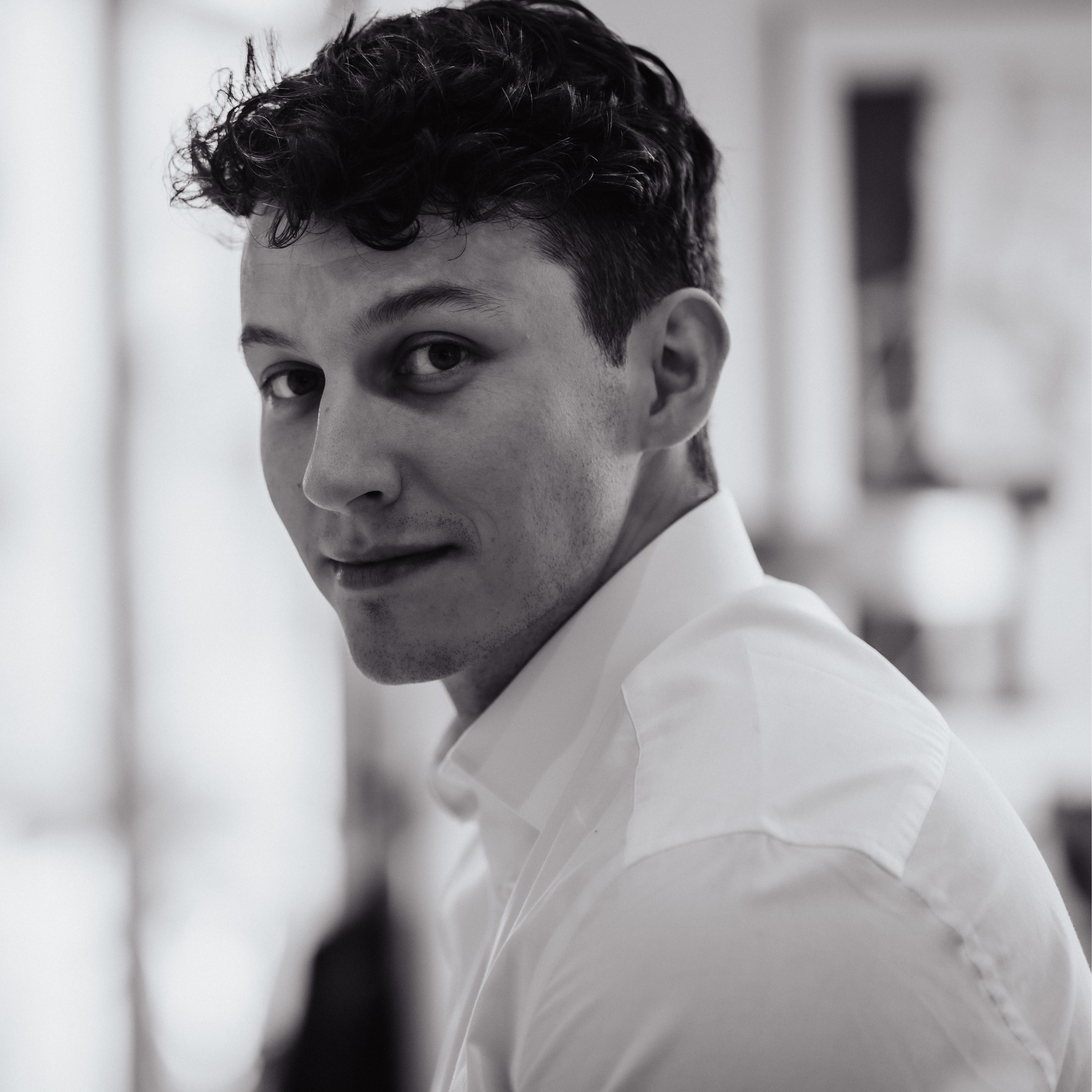Cancer Ward
Published:
—
‘But remember, education doesn’t make you smarter.’ (What’s the point of talking like that? To a child!) ‘What do you mean, “doesn’t make you smarter”?’ ‘It’s just one of those things.’ ‘So what does make you smarter?’ ‘Life, that’s what.’ Dyoma was silent for a moment, then replied, ‘I don’t agree.’ ‘In our unit there was a commissar, Pashkin. He used to say, “Education doesn’t make you smarter. Nor does rank. They give you another star on your shoulder and you think you’re smarter. Well, you’re not.”’ ‘So what do you mean? There’s no need to study? I don’t agree.’ ‘Of course you should study. Study! Only remember for your own sake, it’s not the same as intelligence.’ ‘What is intelligence, then?’ ‘Intelligence? Trusting your eyes but not your ears…’
—
“He wasn’t joking at all, his words had the weary conviction of people who have no desire to strengthen their argument even by raising their voice.”
—
“Her face and voice bore no trace of the bitterness that naturally comes from a quarrel, for she could see clearly enough the fist-sized tumour under his jaw. Who could she feel bitter against? The tumour? ‘Nobody forced you to come here. You can discharge yourself whenever you like. But remember …’ She hesitated. ‘People don’t only die of cancer.’ It was a friendly warning.”
—
“You see, when we’re ill a doctor is like a ferryman: we need him for an hour and after we forget he exists.”
—
“Which of us from childhood has not shuddered at the Mysterious? At contact with that impenetrable yet yielding wall behind which there seems to be nothing, yet from time to time we catch a glimpse of something… In our everyday, open, reasonable life, where there is no place for mystery, it suddenly flashes at us, ‘Don’t forget me! I’m here!’”
—
After recounting the Rusanovs history of snitching friends to the government, their cowardice, and their disgust in being in areas frequented by the general public (e.g., public transport): “The Rusanovs loved the People, their great People. They served the People and were ready to give their lives for the People.”
Ah… the People (general) but not the people (particular). Theory over practice.
—
“She spoke severely, but it was a strange sort of severity, touched with softness, like all her words and movements. It was not a dim, diffused softness, but somehow melodic and based on harmony.”
—
“Now he was like an autumn plant in haste to extract like the last juices from the earth so as not to regret the lost
—
“Nowadays we don’t think much of a man’s love for animal; we laugh at people who are attached to cats. But if we stop loving animals, aren’t we bound to stop loving humans too?”
—
“There’s something noble about treating oneself with a strong poison. Poison doesn’t pretend to be harmless medicine, it tells you straight out, ‘I’m poison! Watch out! Or else!’ So we know what we’re in for.”
—
“’When eyes gaze endlessly into each other, they acquire an entirely new quality. You see things never revealed in passing glances. The eyes seem to lose their protective coloured retina. The whole truth comes splashing out wordlessly, it cannot be contained.”
—
“Such consistent, logical, irrefutable materialism and the result was … what’s the point of living? Everything totted up in exact percentages, how many women experience nothing at all, how many women experience ecstasy. Those stories about how women … move from category to category in search of their own identity…”
—
“The man with the hardest life is the man who walks out of his house every day and bangs his head against the top of the door because it’s too low…”
- Because he is either unable to see that he should bow, or refuses to bow outright (pride in various forms)
—
“He walked on to the porch and stood still. He breathed in.
It was young air, still and undisturbed. He looked out at the world - it was new and turning green. He raised his head. The sky unfolded, pink from the sun rising somewhere unseen. He raised his head higher. Spindle-shaped, porous clouds, centuries of laborious workmanship, stretched across the whole sky, but only for a few moments before dispersing, seen only by the few who happened to throw back their heads at that min-ute, perhaps by Oleg Kostoglotov alone among the town’s inhabitants.
Through the lace, the cut-out pattern, the froth and plumes of these clouds sailed the shining, intricate vessel of the old moon, still well visible.
It was the morning of creation. The world had been created anew for one reason only, to be given back to Oleg. ‘Go out and live!’ it seemed to say.”
—
